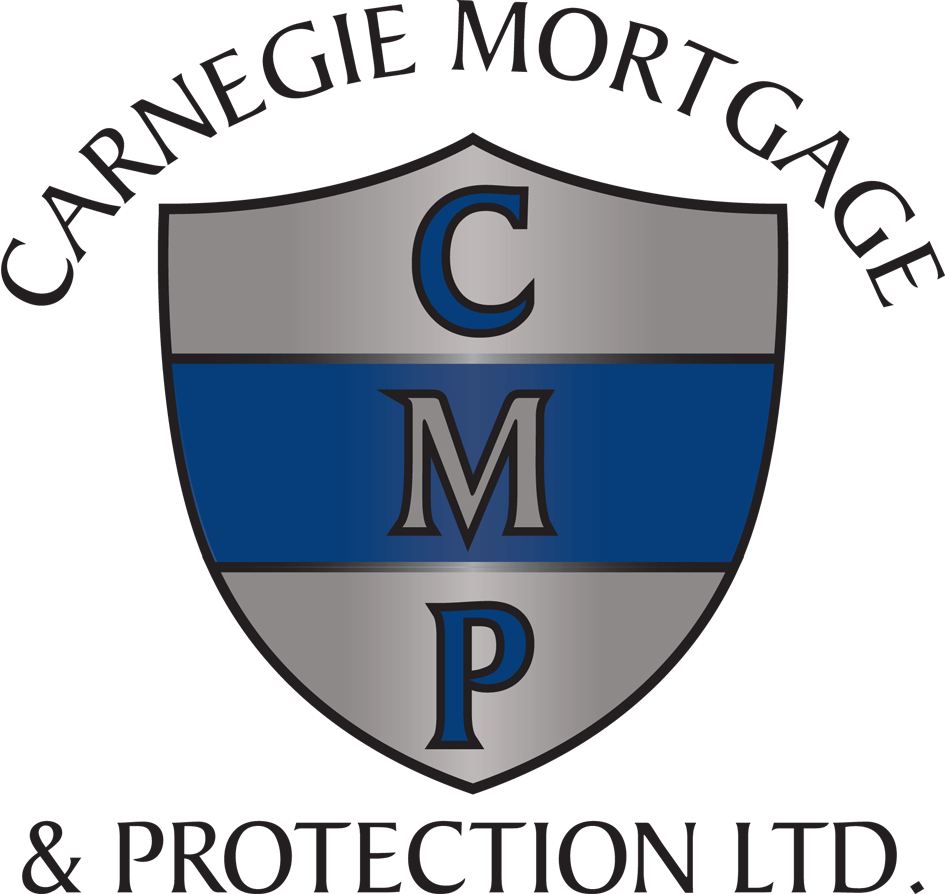Self-Build Mortgages
Self-Build Mortgages are like normal mortgages in that the lender will provide funds secured against the project, the loan will be repaid over a typical term, monthly repayments are made as with a standard mortgage.
The key difference is a self-build mortgage is released in stages.
You can typically borrow up to 85% towards the purchase of land and 85% towards your build costs. This can cover self builds, renovations, conversion, knock down rebuilds, extensions and home improvements.
Different lenders will release funds in different ways and its imperative to make sure you can access your mortgage funds as and when you need them in your build. CASH FLOW IS KING.
Self-Build Mortgage lending is complicated with lots of lenders having different criteria. Having arranged finance for over 1,000 builds we can guide you through the process, avoid the pitfalls and make the process as easy and stressful for you as possible.
Our advisers can access the whole of the self-build mortgage market and provide impartial expert advice to make sure you get the right funding for your project.
Frequently Asked Questions
Yes! At least outline planning if you are buying land.
Yes! This will depend on your affordability.
Yes! Most lenders allow this depending on your circumstances.
Why Carnegie Mortgage & Protection?
Flexible
We cover all parts of UK. Face to face and telephone appointments are available
Comparisons
Advice on a a comprehensive range of products from across the market.
Trustworthy
Best deal for the client that suits their needs and circumstances, we are not affiliated to any one lender.
BTL mortgages — associated fees and costs
Survey: A surveyor will be appointed (at the borrower’s expense) to assess the property’s condition, market value and potential rental income. The surveyor will also identify any issues which could affect the property’s future value.
Conveyance: Conveyancing — which is usually conducted by a solicitor or conveyancer — is the process by which the ownership (legal title) of the property is transferred from the seller to the buyer. The seller pays for this cost.
Stamp Duty for Buy-to-let property: The purchaser may have to pay stamp duty land tax which is calculated as a percentage of the purchase price of the property.
THE FINANCIAL CONDUCT AUTHORITY DOES NOT REGULATE SOME FORMS OF BUY TO LETS, WILLS, TRUSTS AND OVERSEAS MORTGAGES. THE PROPERTY MAY BE REPOSSESSED.
TAX TREATMENT DEPENDS ON INDIVIDUAL CIRCUMSTANCES AND IS SUBJECT TO CHANGE.
Other costs: The borrower may also have to pay arrangement and booking fees to the mortgage provider, which tend to be higher than those associated with a standard residential mortgage.
Which type of mortgage?
Depending on the lender, the types of mortgages available to the BTL borrower are usually the same as those available to the standard residential mortgage borrower — i.e., tracker, discount, fixed rate, capped rate and variable rate.
Given that most BTL borrowers buy for reasons of investment, some mortgage options may be more appropriate than others. With a fixed-rate mortgage for example, the borrower knows exactly what their monthly repayments are going to be; other borrowers prefer tracker or variable rate loans where the monthly repayment can sometimes be lower, but the cost can vary from one month to the next.
(Many BTL buyers have a preference for interest only mortgages, as distinct to a capital and interest repayment mortgage. An interest only mortgage, is a mortgage where the monthly repayment is used solely to pay off the interest on the loan but none of the capital, which is repaid only when the property is sold.)


